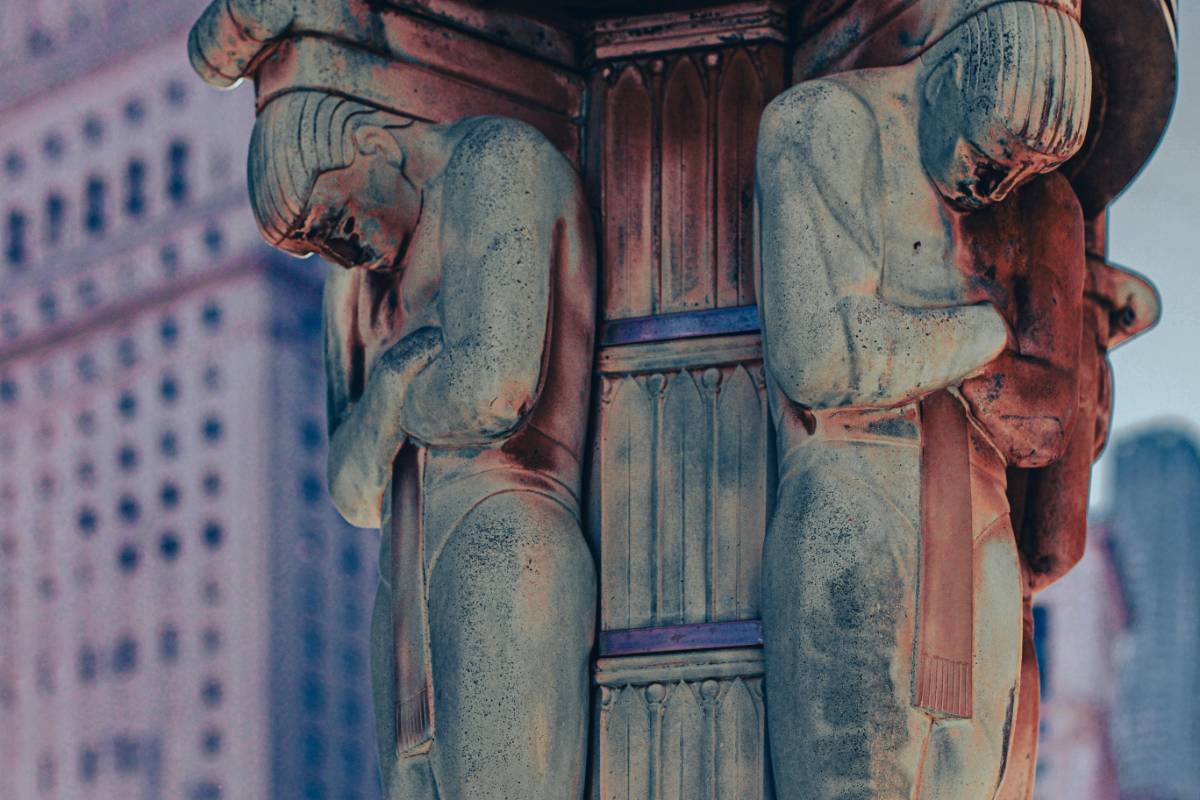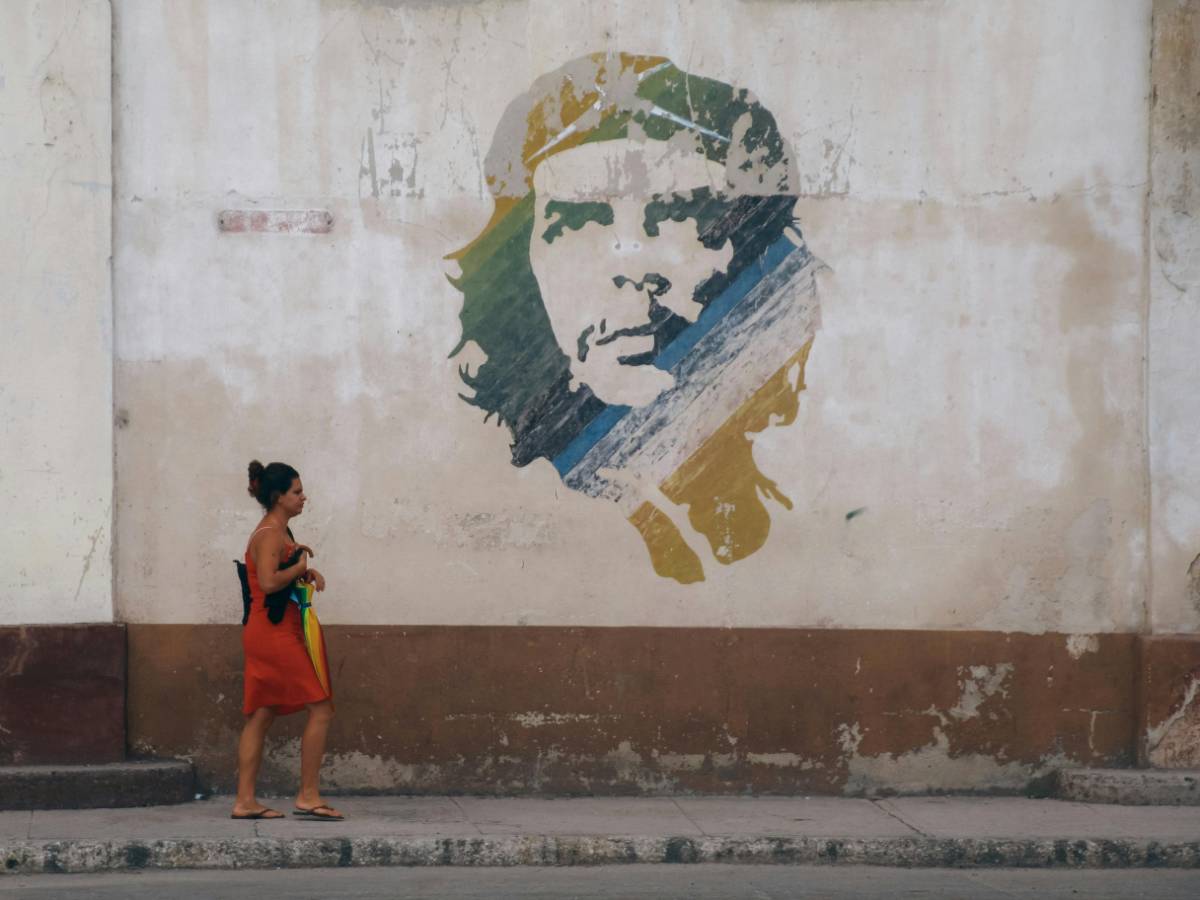The Cultural Impact of Hollywood’s Most Iconic Movie Scenes
09 Oct 2025
Read Time: 6 min read

Hollywood movies have long held a profound influence on global culture, with certain scenes becoming instantly recognizable and shaping the way we perceive film and storytelling. These iconic moments have transcended the screen, embedding themselves in the collective consciousness and influencing everything from fashion to social movements. This article explores the cultural impact of Hollywood’s most iconic movie scenes, examining how they continue to shape our world.
 The "I’ll Be Back" Line from "The Terminator" (1984)
The "I’ll Be Back" Line from "The Terminator" (1984)One of the most famous lines in cinematic history, Arnold Schwarzenegger’s delivery of “I’ll be back” in "The Terminator" (1984) became a cultural phenomenon. The line was simple but powerful, and it quickly became associated with the actor’s tough-guy persona. Over the years, it has been parodied and referenced in countless films, TV shows, and commercials, cementing its place in pop culture. The impact of this line goes beyond just its catchiness; it embodies the essence of Schwarzenegger’s character and the era of 1980s action films, which were defined by larger-than-life heroes and relentless action sequences.
The success of "The Terminator" helped launch Schwarzenegger’s career and made him a global star, and the line continues to be a touchstone for action films to this day. It is one of the many examples of how Hollywood can create moments that transcend their original context, becoming ingrained in the broader cultural landscape.
The "Here’s Looking at You, Kid" Moment in "Casablanca" (1942)"Casablanca" (1942) is one of Hollywood’s most beloved films, and its memorable moments have continued to resonate with audiences for over seven decades. The line “Here’s looking at you, kid,” delivered by Humphrey Bogart’s character Rick to Ingrid Bergman’s Ilsa, is one of the film’s most iconic lines. The phrase is simple but imbued with emotion, capturing the bittersweet nature of their love story. It has since become a symbol of love, loss, and sacrifice, and it is regularly quoted in popular culture.
The impact of this moment extends beyond the film itself; it has become synonymous with the idea of love that endures despite separation, a theme that resonates with many people across different generations. "Casablanca" continues to inspire filmmakers, writers, and actors, cementing its place in the annals of Hollywood’s greatest cinematic achievements.

"Star Wars" (1977) revolutionized the film industry and introduced a new lexicon into the world of pop culture. The iconic line “May the Force be with you” has become synonymous with the franchise, and its cultural impact extends far beyond the original trilogy. The phrase encapsulates the spirit of the "Star Wars" universe, where the Force is a powerful and mystical energy that binds all living things. It is a message of hope, unity, and the strength of the individual, which resonates with audiences of all ages.
Over the years, “May the Force be with you” has been adopted by fans, celebrities, and even politicians as a symbol of solidarity and strength. It is used in everyday life to express good wishes, and it has even found its way into the lexicon of social media. The influence of "Star Wars" on modern pop culture is immeasurable, with the phrase continuing to serve as one of the most recognizable and enduring symbols in Hollywood history.
💡 Discover More from Hollywood
"A Few Good Men" (1992) features one of the most powerful courtroom scenes in film history. Tom Cruise’s character, Lt. Daniel Kaffee, confronts Jack Nicholson’s Colonel Jessup, demanding the truth. Nicholson’s explosive response, “You can’t handle the truth!” became an instantly recognizable moment in cinematic history. The line itself has since become a symbol of emotional intensity and moral reckoning, and it has been parodied and referenced in various forms of media.
The cultural impact of this line extends beyond its role in the film. It highlights the tension between truth and power, and it continues to be used in political discourse, debates, and discussions of justice. It has become a shorthand for situations where the truth is too difficult to face or where authority figures refuse to acknowledge the reality of a situation. Nicholson’s performance, paired with this iconic line, cemented his status as one of Hollywood’s greatest actors and solidified the film’s place in cinematic history.
The "I Am the King of the World!" Scene in "Titanic" (1997)"Titanic" (1997), James Cameron’s epic film about the doomed voyage of the RMS Titanic, is filled with unforgettable moments, but none more iconic than Leonardo DiCaprio’s exuberant declaration, “I am the king of the world!” as he stands at the bow of the ship. The scene captures the thrill of youth and the unbridled optimism of the character Jack Dawson, as well as the tragic irony of what is to come. DiCaprio’s performance, paired with this line, turned the moment into a symbol of freedom, adventure, and the fleeting nature of life.
The impact of this scene was immediate, and the line has since been adopted by fans and parodied in a variety of contexts. It also played a significant role in cementing DiCaprio’s status as a global superstar. The image of Jack standing on the bow of the ship, arms outstretched, continues to be one of the most iconic images in Hollywood history, representing the joy of living in the moment and the spirit of adventure that defines much of the film’s appeal.
The "I Am Your Father" Reveal in "Star Wars: The Empire Strikes Back" (1980)One of the most shocking and game-changing moments in cinema occurred in "Star Wars: The Empire Strikes Back" (1980), when Darth Vader reveals to Luke Skywalker that he is his father. This twist has since become one of the most quoted and referenced moments in film history, and it forever altered the trajectory of the "Star Wars" saga. The line, "No, I am your father,” has become one of the most iconic quotes in cinematic history, and it has been widely parodied in pop culture.
The impact of this revelation was profound, not only for the characters in the film but also for the movie industry as a whole. It redefined the possibilities of plot twists in cinema and influenced countless other films, TV shows, and books. The "I am your father" line continues to resonate with audiences, symbolizing the power of family, fate, and the complexity of good versus evil in storytelling.
ConclusionThe cultural impact of these iconic Hollywood movie scenes is undeniable. They have shaped our understanding of film, storytelling, and even the way we interact with the world. Whether it’s the empowering message of “May the Force be with you” or the intense moral reckoning in “You can’t handle the truth!”, these moments have become part of the fabric of our culture, influencing generations of filmmakers, fans, and casual viewers alike. Hollywood continues to create memorable moments that shape our world, proving that the power of film is truly enduring.
Stay Informed
Get the latest and most accurate news delivered straight to your inbox. Subscribe now and never miss an update.

Jyoti Prakash
An insightful voice in the industry, crafting content that informs, inspires, and connects with readers.
View all articles →Continue Reading

Travel
How to Make the Most of Business Class Benefits on Your Next Corporate Flight
By David Thompson
02 Oct 2025

Travel
How to Make the Most of Your Corporate Travel Perks – Expert Tips Inside!
By James Carter
31 Aug 2025

Travel
Exploring Indigenous Cultures: Destinations and Responsible Tourism Tips
By Rahul Sharma
20 Sep 2025

Travel
Why Your Corporate Travel Policy May Be Costing You More Than You Think
By David Thompson
18 Sep 2025

Travel
How to Make the Most of Your Airline Miles – Tips from Travel Experts
By Olivia Mitchell
23 Sep 2025












